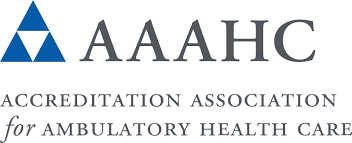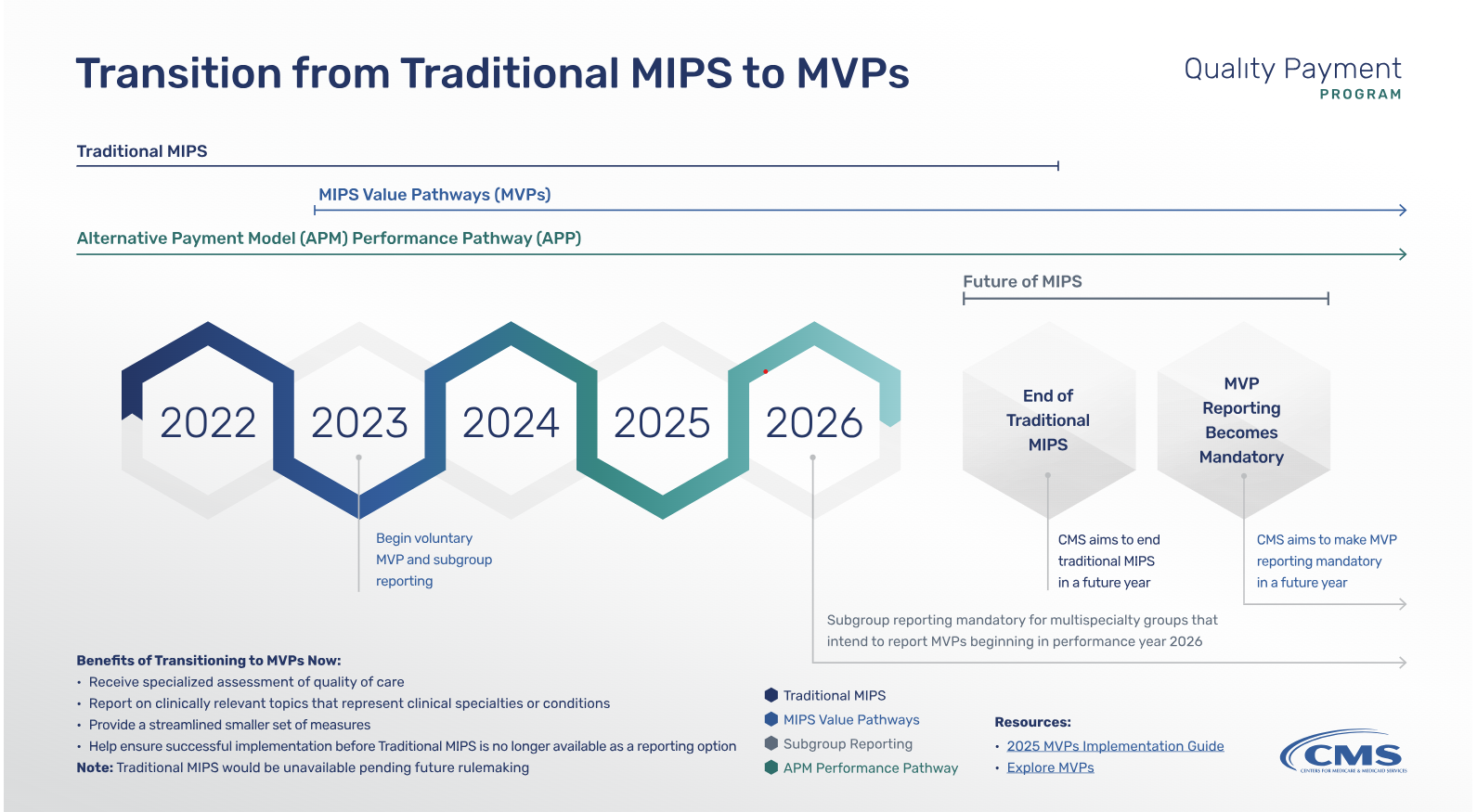
Editor's Note The Accreditation Association for Ambulatory Health Care (AAAHC) released its v44 Standards, introducing new guidance designed to strengthen patient-focused care, streamline compliance, and align with evolving state regulations, an August 18 AAAHC announcement reports. As detailed in the news release, the v44 Standards, effective December 16, 2025, were…

Editor's Note Surgical episodes for Medicare Advantage (MA) patients cost less and used fewer resources than those for traditional Medicare (TM) beneficiaries, according to a JAMA Health Forum study published August 1. Researchers analyzed 1.18 million procedures performed on 1.11 million beneficiaries and found 30-day episode costs were 3.1% lower…

Editor's Note Patients treated by hospital-affiliated physicians are far less likely to receive specialty procedures in lower-cost settings, while private-equity–affiliated doctors are the most likely to steer patients toward these options, Ambulatory Surgery Center News August 12 reports. The findings come from a Mount Sinai study that examined physician affiliation,…

Editor's Note The US Department of Justice (DOJ) has conducted the largest healthcare fraud takedown in US history, charging 324 individuals, including 96 licensed medical professionals, in schemes totaling more than $14.6 billion, HealthCare Business News July 8 reports. The nationwide crackdown involved 50 federal districts and 12 state attorneys…

For decades, ambulatory surgery centers (ASCs) have shown their ability to deliver high-quality surgical care at substantially lower cost than hospital outpatient departments (HOPDs). ASCs achieve these savings through leaner operations, streamlined staffing models, and specialty-focused efficiencies, not by compromising safety or outcomes. Studies consistently highlight procedures performed in ASCs…

Editor's Note Healthcare providers could experience significant cash flow and operational changes under a new voluntary pilot program that fundamentally alters how the nation's second-largest drug payment program operates, according to an August 11 article in Modern Healthcare. As detailed in the article, The Health Resources and Services Administration announced…

Editor's Note Medicare Advantage (MA) patients undergoing elective surgery incurred lower costs than comparable patients in traditional Medicare (TM) without higher readmission rates and with no significant difference in mortality rates, according to a study published August 1 in JAMA Health Forum. The findings suggest that MA plans reduce surgical…

Editor's Note Hundreds of urban hospitals have obtained dual urban-rural Medicare classifications since a 2016 policy change, enabling them to qualify for reimbursement programs intended for rural providers. Fierce Healthcare reported the news August 4. As detailed in the article, a study published in Health Affairs by Johns Hopkins and…

In July 2025, the Centers for Medicare & Medicaid Services (CMS) proposed sweeping changes to the Medicare Physician Fee Schedule for calendar year 2026. Among the most impactful updates is the launch of the Ambulatory Specialty Model (ASM)—a mandatory value-based payment program focused on heart failure and low back pain.…

Editor's Note Nearly half of hospital harm events—particularly surgical events—were not captured by reporting systems, according to a July 30 TechTarget report on new findings from the Office of Inspector General (OIG). The OIG report examined 299 harm events experienced by a nationally representative sample of 770 Medicare patients discharged…